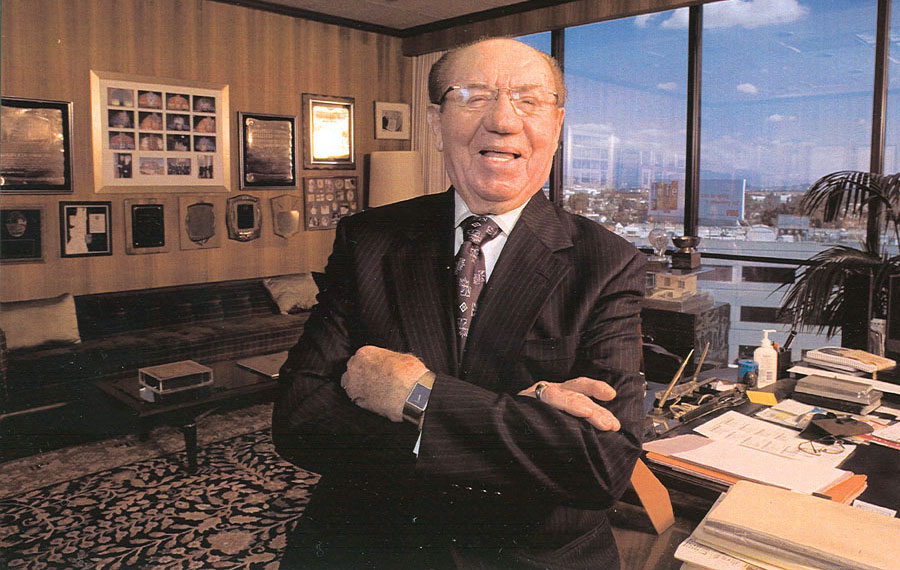
Holocaust survivor, homebuilder and philanthropist Max Webb died on the morning of Oct. 23. He was 101.
Working with his lifelong business partners, the late brothers Nathan and David Shapell, who were also Webb’s brothers-in-law, Webb earned his living in the homebuilding business and founded Shapell Industries. Meanwhile, he supported organizations including Tel Aviv University, Bar-Ilan University, the United States Holocaust Memorial Museum, Cedars-Sinai Medical Center, March of the Living, Sinai Temple and the Jewish Journal.
According to those who knew him, Webb’s commitment to philanthropy, particularly in the Jewish community, grew out of his harrowing experiences during the Holocaust, where he survived 18 labor and concentration camps, including Auschwitz-Birkenau. During the war, he lost his parents and four of his siblings.
Born on March 2, 1917, near Lodz, Poland, Webb was one of seven children, including a twin sister. The family struggled to make ends meet. His parents, Avram and Sheva Weissbrot, ran a small grocery store. Before school each day, Webb peddled vegetables before eventually dropping out of school and taking on odd jobs to help earn money for the family.
In 1939, the Germans occupied Webb’s hometown, and four years later, Webb was deported to Auschwitz. His resourcefulness, coupled with his strong physique, helped him during the Shoah. Webb retrieved the gold and other jewelry from the abandoned clothing of Jews killed in the gas chambers and made deals with Nazi guards, exchanging the recovered valuables for potatoes and bread. He shared whatever food he had with his best friend in the concentration camp, Nathan Shapell, who died in 2007 at the age of 85.
“Webb took satisfaction from keeping his pledge he made upon survival, that he would do whatever he could to bring back the Jewish people their heritage, religion and education.” — Steve Bryan
After the war, Webb worked with the Shapell brothers to start a textile factory in Munchberg, Germany, employing hundreds of people. In 1946, he married his first wife, Sala Shapell, Nathan and David’s sister, and in 1952, Webb and Sala, along with the Shapell brothers and their respective families, immigrated to California.
Steve Bryan, who worked as Webb’s personal caretaker for a number of years, told the Journal by phone on the day Webb died that it was during the 1950s that Webb changed his name from Weissbrot.
Living in Los Angeles in the 1950s, Webb and the Shapell brothers worked in the construction business before splitting off to form their own homebuilding company — Shapell Industries — which grew into one of the largest homebuilding companies in California.
As he found professional success, Webb remained true to a promise he made to himself after surviving the Shoah to contribute to the advancement of the Jewish people. He gave the namesake gift for the psychology building at Bar-Ilan University in Israel, named for Webb and his second wife, Anna Hitter, and he helped establish the American Friends of Tel Aviv University’s regional fundraising chapter.
In a phone interview, Rabbi David Wolpe, the Max Webb Senior Rabbi at Sinai Temple, recalled flying to Israel to speak at the event celebrating Webb’s building at Bar-Ilan University. After the event, Wolpe immediately went to the airport and flew back to the United States. If this was inconvenient, Wolpe was happy to do it for Webb.
“The truth is I both admired Max and I loved him,” Wolpe said. “He was very loveable, he really was. And I would’ve done anything for him.”
According to Wolpe, Webb was a natural raconteur who shared stories about turning away Bernie Madoff when Madoff wanted Webb to invest with him, and of throwing logs over the fence of the concentration camp and retrieving them for profit after his liberation from the camp — essentially stealing from the Nazis.
Bryan, who worked for Nathan Shapell before working for Webb at Shapell Industries, said Webb loved being around people.
“He enjoyed meeting people. He was such a people person. He enjoyed talking to people. He even enjoyed listening to people,” Bryan said. “In some ways, he was the company shrink. People would tell him things they wouldn’t tell their own parents.”
Webb’s philanthropy extended to non-Jewish causes, including the Juvenile Diabetes Research Foundation. Israel and Holocaust memory were among the causes dearest to Webb, Bryan said. His giving was a source of personal pride.
“He took satisfaction from keeping his pledge he made upon survival, that he would do whatever he could to bring back the Jewish people their heritage, religion and education,” Bryan said. “He saw his community decimated, so he knew there was a lot to be done.”
Webb was married to Sala for 45 years, until her death. He married his second wife, Anna, in 1993. They remained wed until her death in 2011.
Webb is survived by his daughters, Chara Schreyer and Rose Webb Roven, four grandchildren and two great-grandchildren.
At the time of his death, Webb was receiving hospice care at Cedars-Sinai Medical Center. His funeral is scheduled for Oct. 25 at Hillside Memorial Park and Mortuary, with Wolpe officiating.
Those who are interested in making a contribution in Webb’s memory can give to Cedars-Sinai Medical Center; Juvenile Diabetes Research Foundation; March of the Living; or Sinai Temple.









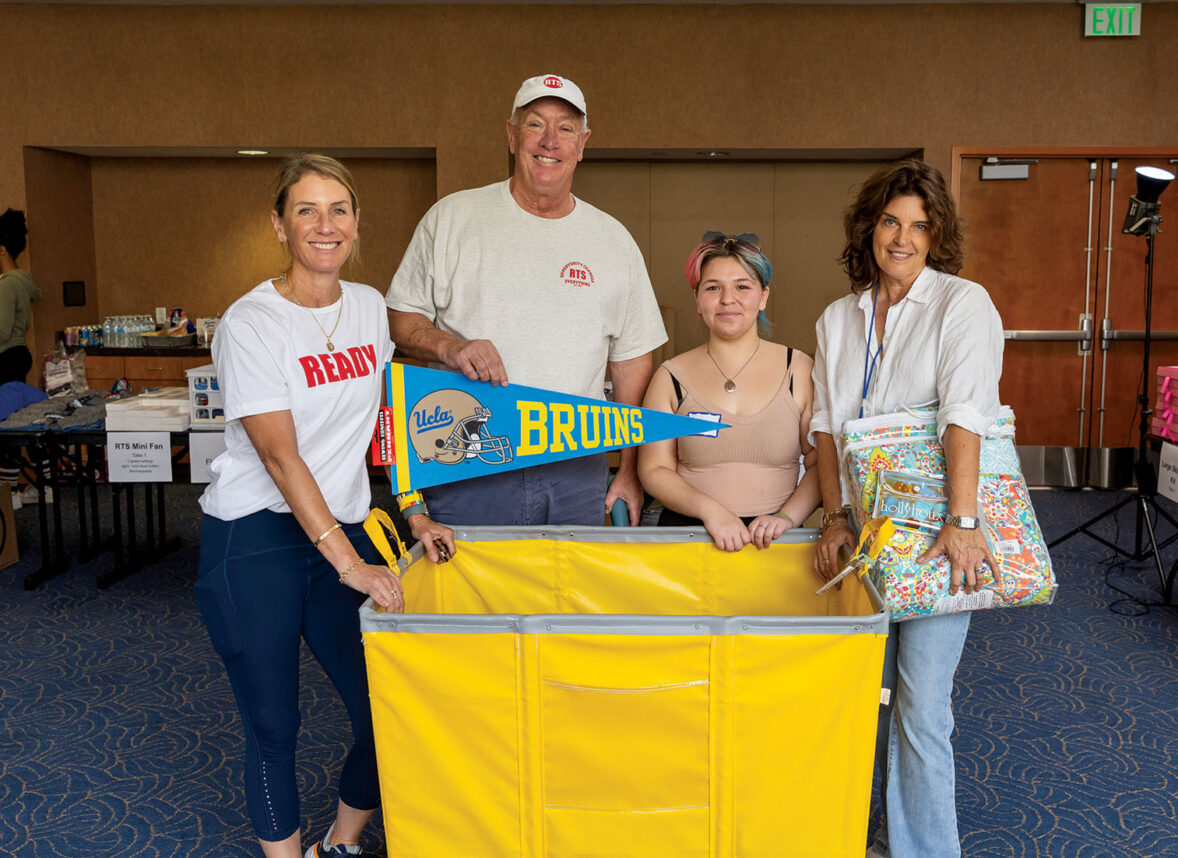

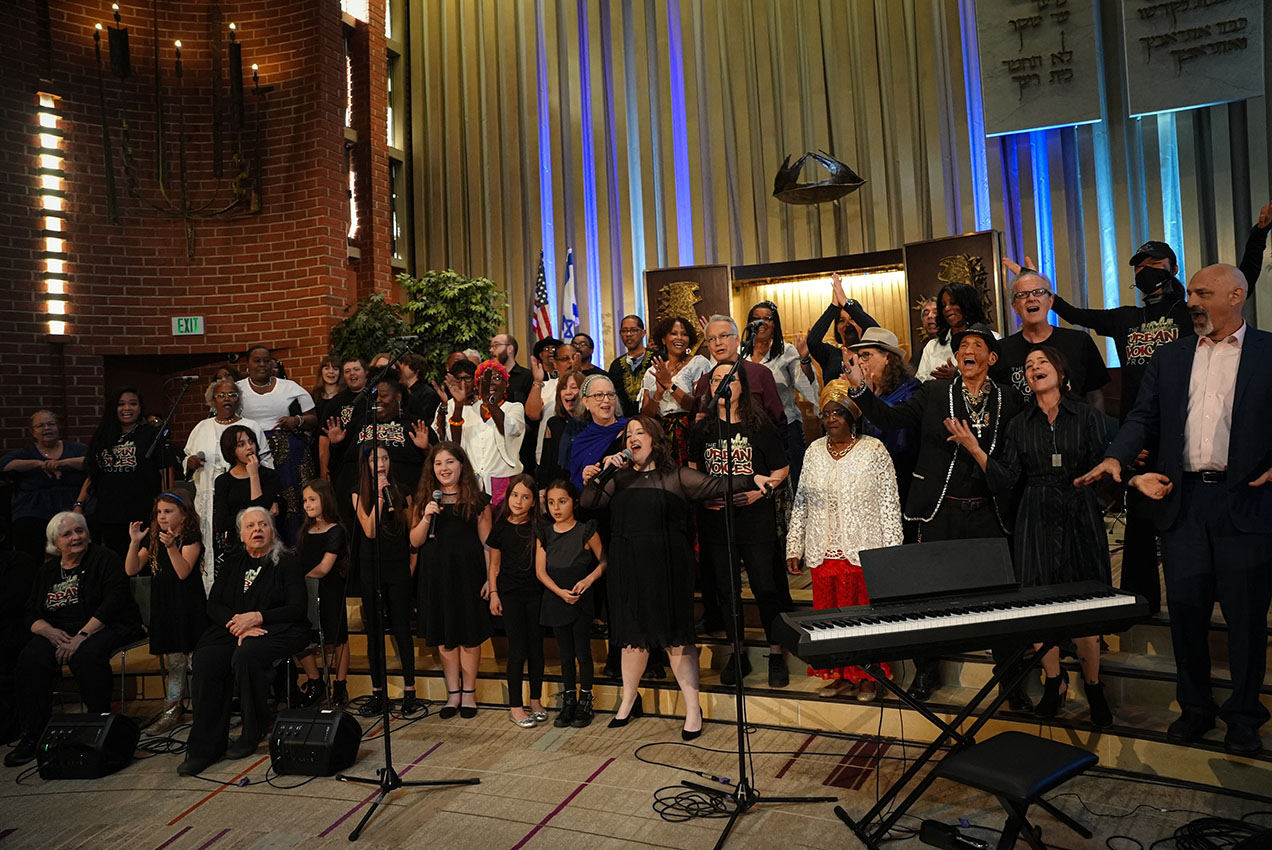




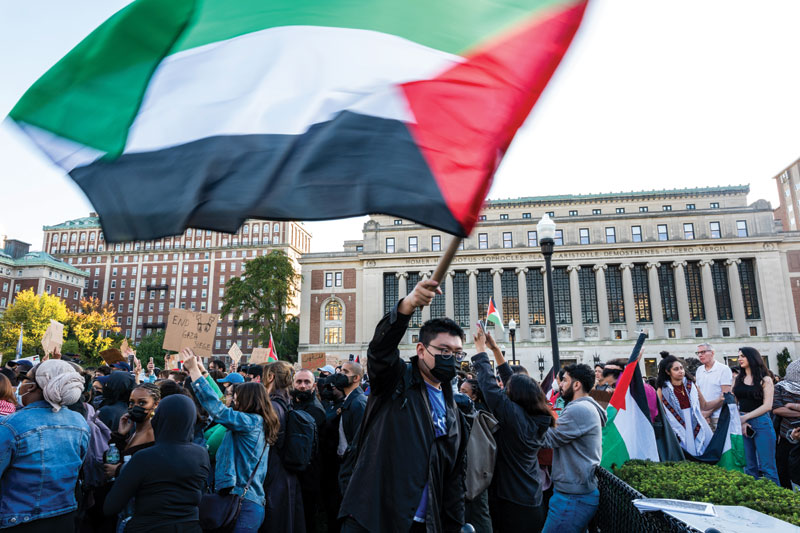




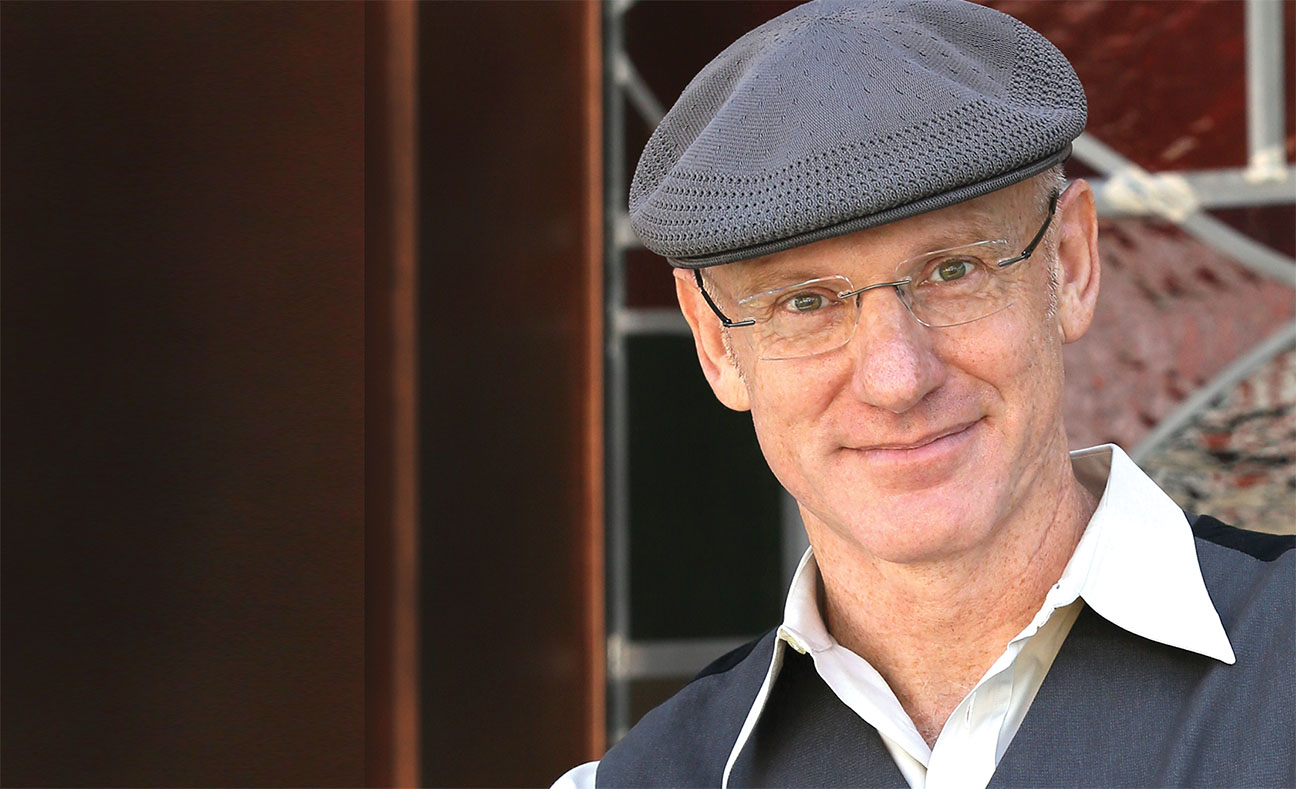


 More news and opinions than at a Shabbat dinner, right in your inbox.
More news and opinions than at a Shabbat dinner, right in your inbox.